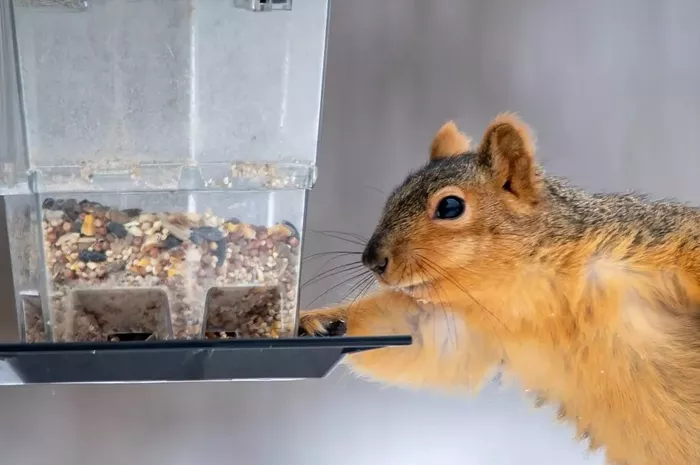Garden enthusiasts who have spent the summer sprucing up their outdoor spaces may be disappointed to find that their efforts have not attracted more birds. However, experts from the Royal Horticultural Society (RHS) suggest that with a few simple additions, any garden can become a bird paradise.
According to the RHS, over 140 bird species have been spotted in British gardens, but only 30 are considered regular visitors. Each species has unique preferences, so understanding their favorite foods is crucial for attracting them to your garden. “Use different foods and recipes to attract a variety of birds,” RHS experts advise. “Although fat is important, especially in winter, also provide a grain mix or nuts to maintain a balanced diet.” No-mess seed mixes, which include de-husked sunflower hearts, are more expensive but result in less waste and debris under feeders. Inferior mixes often contain lentils and wheat, which are less appealing to birds.
To attract specific bird species, specialists recommend the following:
- Finches: Berry cakes
- Goldfinches: Niger seed
- Starlings: Peanut cakes
- Tits: Insect cakes
- Blackbirds and Thrushes: Over-ripe apples, raisins, and other fruits
- Nuthatches, Sparrows, and Finches: Sunflower heads
- Wrens and Small Birds: Chopped animal fat and grated cheese
Mealworms and seed mixes are also popular snacks among various bird species. To control which animals can access the food, placing these in an enclosed feeder with an outer cage is recommended.
Leaving treats on a standard bird table can lead to larger birds, such as magpies, dominating the space and potentially pushing smaller birds aside. Squirrels, known for monopolizing food, can also scare off birds. Despite their cunning nature and occasional success in breaching “anti-pest” enclosed feeders, the risk can be reduced by placing feeders far from overhanging branches and other easy access routes.
Jean Vernon from Richard Jackson Garden suggests a solution for squirrel problems: “Squirrels are rather partial to a lot of things in our gardens, especially the bird food. But they will also dig up tulip bulbs and eat them. They love apples, squash, and sweet corn and collect masses of acorns, conkers, and nuts.” She recommends feeding squirrels with a special feeder full of hazelnuts to allow gardeners to enjoy watching both birds and squirrels.
RHS specialists emphasize that a good population of birds in the garden is part of a healthy garden ecosystem, helping to keep caterpillars and aphids in check, which can damage garden plants.


